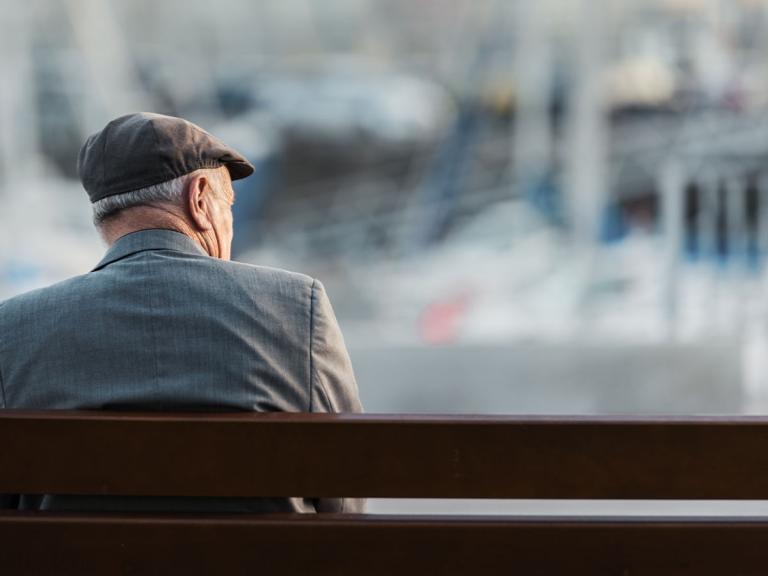
It is a feel-good story of two men and their decades-long friendship. Bobby, 73, and Lew, 75, The Wall Street Journal reports, met in 1962 as they rode their bikes together. The pair have remained close friends during the following sixty years, going on outings together and discussing all sorts of topics. They have gone through surgeries and health issues together, the loss of parents, and experiences of aging throughout that whole time, further strengthening that bond. The two men expressed gratefulness for the years they have shared together, noting their mutual love of watching Saturday morning cartoons together as young teenagers and shared vacations as they experienced life together.
What makes Lew and Bobby’s story so special is just how unusual it is, particularly in men. The Wall Street Journal shared that 4 in 10 Americans currently report not having a best friend. In a survey by the Survey Center for American Life on the effects of the pandemic on friendship, the survey noted that 15 percent of men stated they had no close friends. That number had tripled from three percent in 1995. Those having at least six close friends had dropped from 55 percent to 27 percent. The study also found that the pandemic more greatly impacted women’s friendships, with 59 percent of women stating they had fallen out of contact with at least a couple of people during that time. Overall, the study found that 49 percent of Americans had fewer than three close friends.
The causes for the change are legion. Two thousand nineteen survey data from the American Enterprise Institute’s Survey on Community and Society (SCS) found that loneliness in millennials might not be as serious as previously perceived but might be more likely due to the fact that younger generations are typically lonelier than the generation before them. The SCS did find, however, that marriage and religious engagement helped to lower feelings of loneliness in millennials. Yet by 2023, the Surgeon General has released an advisory entitled “Our Epidemic of Loneliness and Isolation.” The pandemic certainly appeared to have some effect on people losing connection, according to the advisory. Whereas previously, the workplace was the most common place to make friends, the increase in remote work after the pandemic has led to less office interaction. This lack of friendships and increase in loneliness presents a health problem, according to the advisory. The Surgeon General noted loneliness is linked to an increased risk of heart disease and stroke and that young people between the ages of 15-24 had 70 percent less social interaction with their friends. On the other hand, the advisory included a long list of the benefits of social interaction, as well as suggestions for public policy and individuals. Responding to the advisory, Kenneth R. Pruitt of Baptist News Global wrote that the solution is the church. Noting the connection between the decline of the local church and the uptick in loneliness, he challenged the church to be at the forefront of finding a solution. “At a minimum, we need to have conversations in our congregations about loneliness and the prevailing sense of isolation, as well as how the church is called to embody the opposite: a community of hospitality, care and covenanted friendships,” he wrote.
